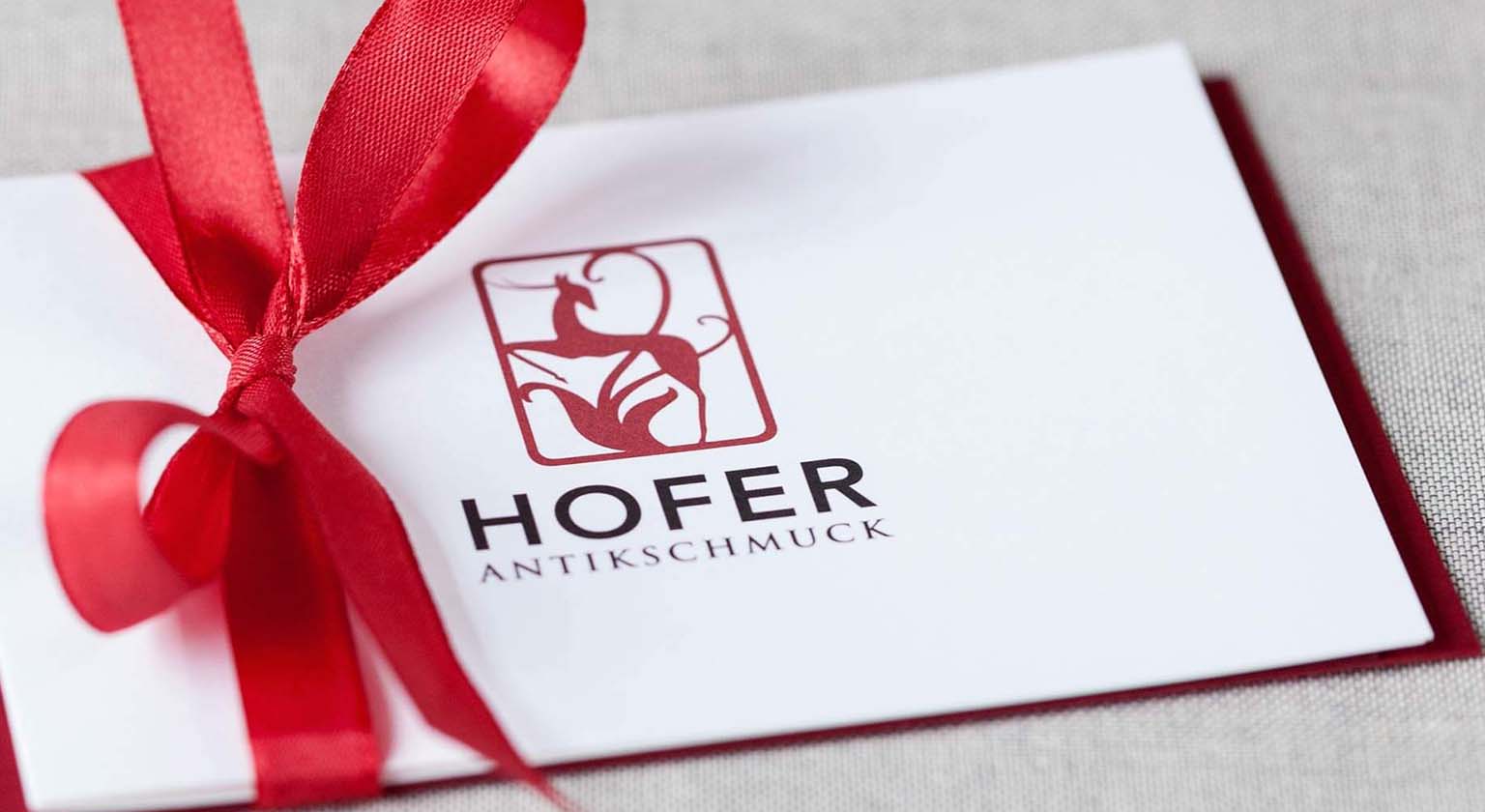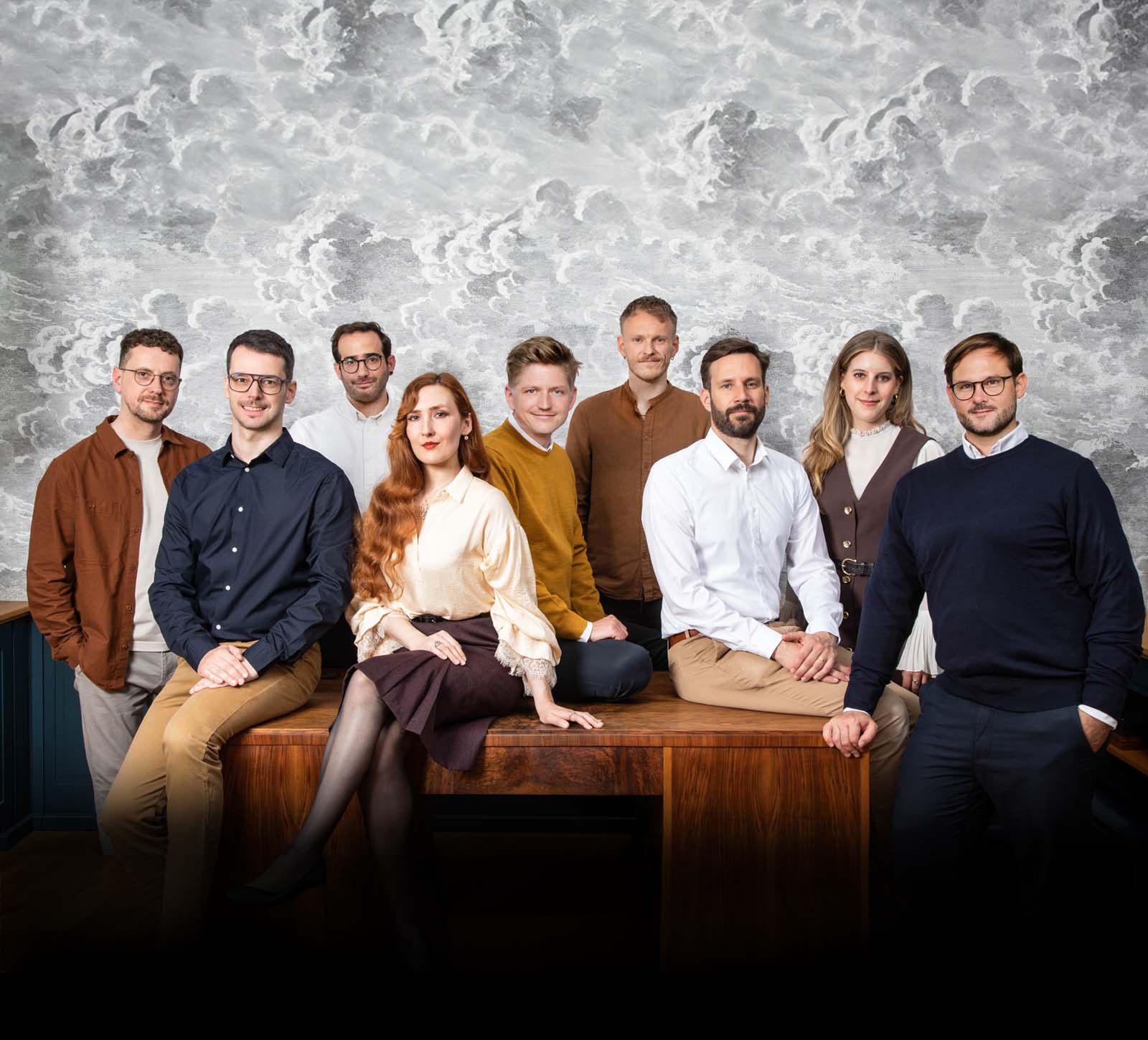en’s jewellery is limited to just a few types nowadays. In addition to signet rings and watches, only cufflinks or jewelled studs and buttons offer a degree of individual expression for classic dress. This makes their carefully considered choice all the more important: they should not be too extravagant, but elegant, not too conspicuous, but appropriate - and still have an individual and personal appeal.
The forerunners of today's shirts, whose sleeves could be tied with a silk ribbon, were already created in the 16th century. The focus of this fashion was still on as much splendour as possible. A lot of fabric, even lace, was used to protrude from the sleeve in large quantities at the wrist. But over the generations, the shape became more and more like our modern shirt.
Silk cuff bands remained popular until the 19th century. From the time of Louis XIV, however, the cuffs were increasingly closed with so-called “boutons de manchette”. Typically, these were pairs of coloured glass buttons connected with a short chain. In the course of the 18th century, these glass buttons were then replaced by elaborately painted pieces or pairs set with coloured gemstones.
In the first half of the 20th century, cufflinks then also had their peak of popularity in the bourgeoisie. Rediscover these elegant accents with us! We carry cufflinks from the precious diamond design of the turn of the century to the stylish silver piece of the Art Deco.











